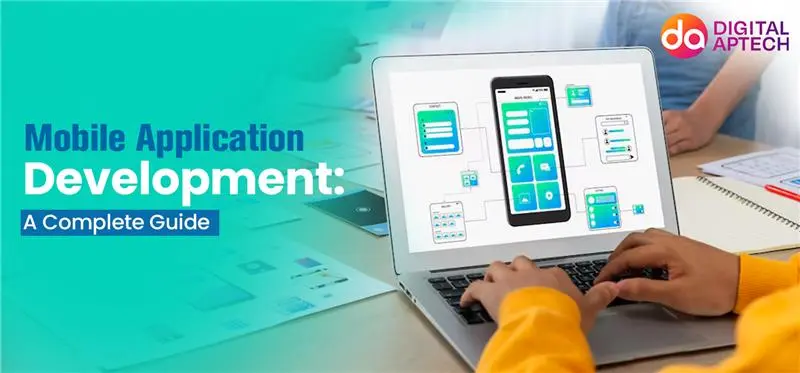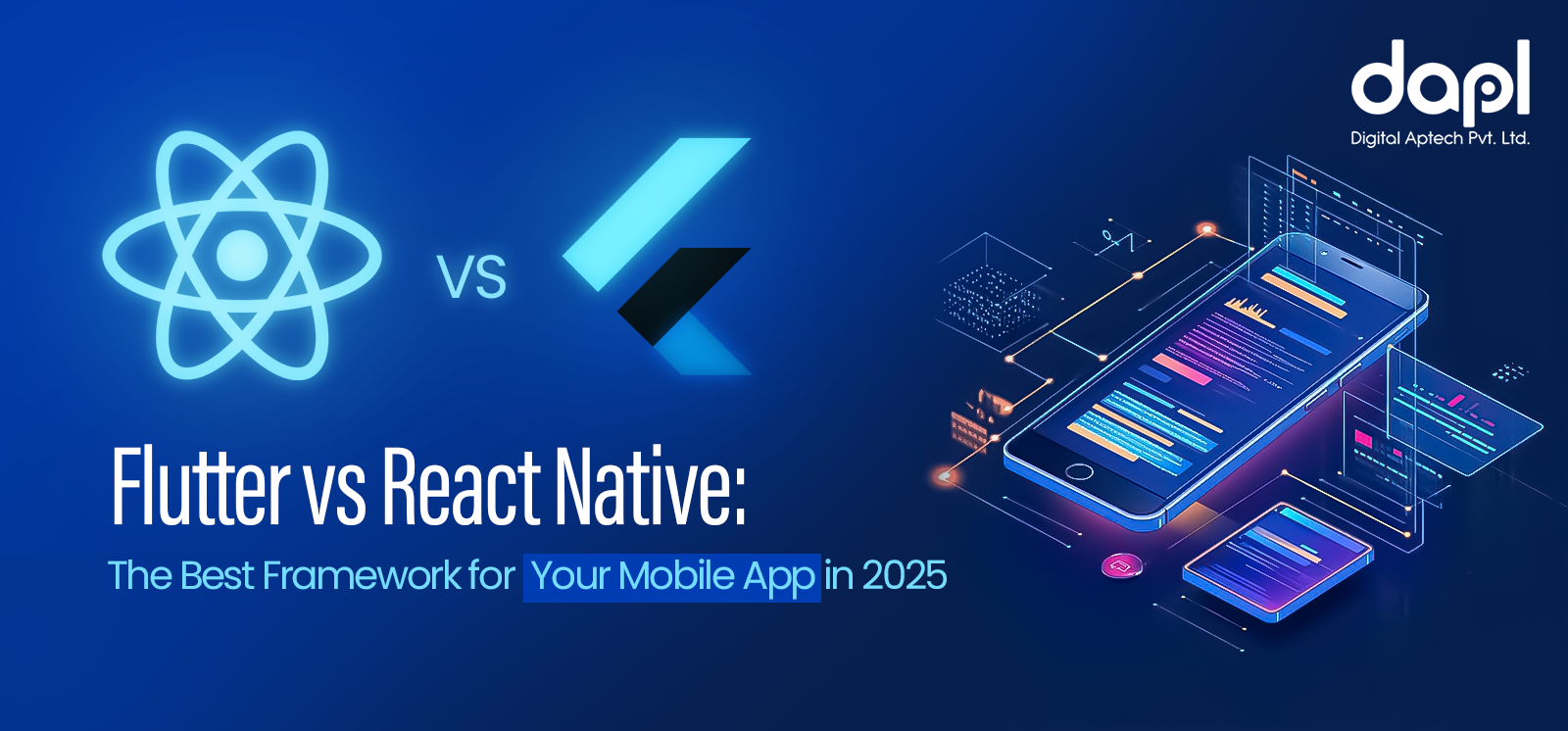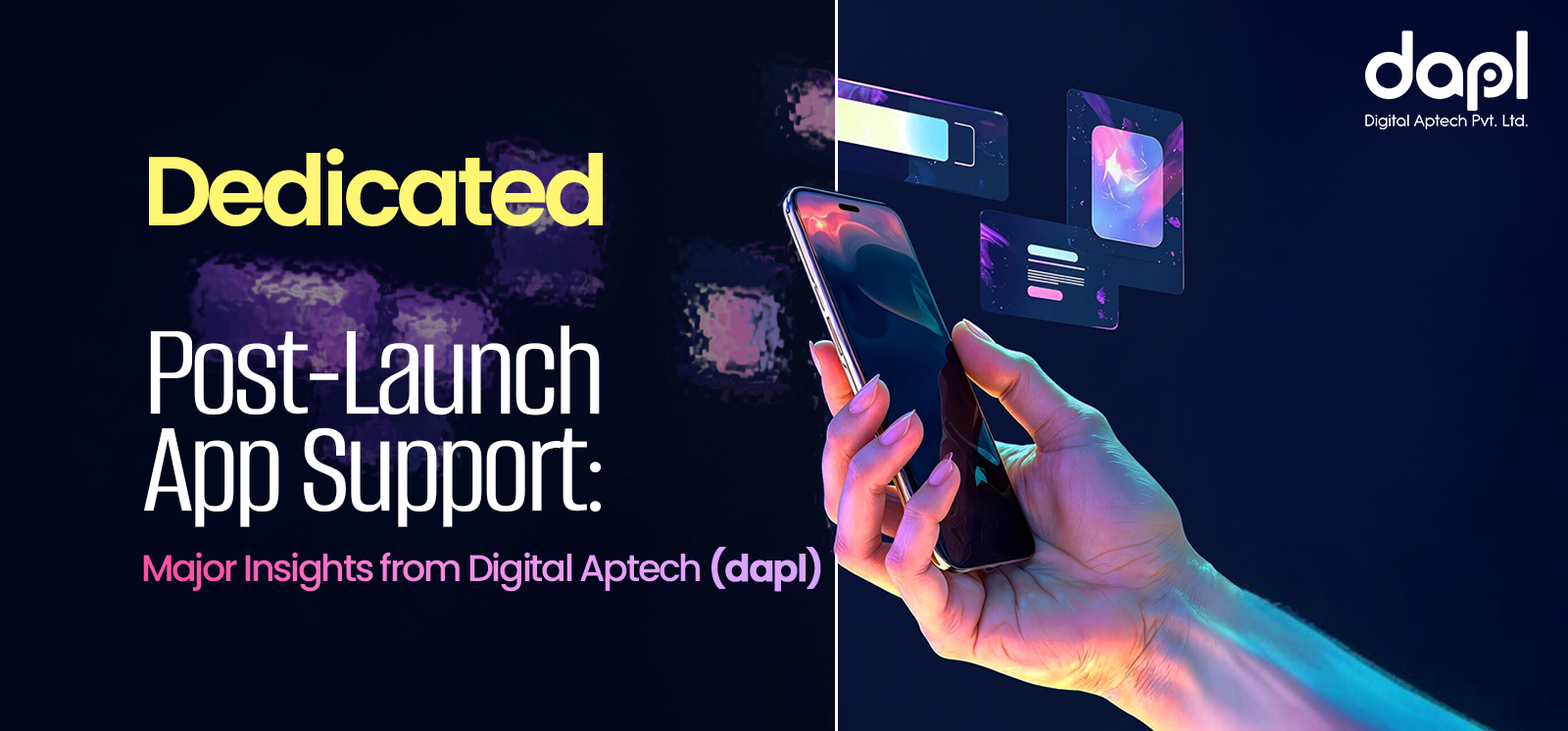Many organizations use mobile applications as a playing field to start up their business in competition with renowned brands. Unlike web pages, many customers prefer using mobile applications for purchasing products and show utmost satisfaction by undertaking this step. A vast majority of users spend most of their time on smartphones, the maximum of which consists of mobile application usage. A few smartphone features keep the customers engaged and satisfied, allowing companies to interact with them. Small scale enterprises or individuals planning to start up their business use application features as a key to boosting the success of their digital store.
Some crucial features that business owners must choose when planning to build a mobile application for their company:
Many organizations consider establishing an application as their startup tool. Smartphones consist of various applications, some of which encompass features common to every organization. For instance, most small business owners require a user login page as a part of any application project. With the assistance of application developers, you can add unique and innovative features depending on the niche and objectives of your business. The following guidelines help individuals get a clear understanding of smartphone applications and a company’s approach to choosing them.
A seamless onboarding experience

One of the significant considerations of mobile application features includes a quick login for customers to provide a smooth experience on your application. With the help of integrated social networking sites, business organizations can allow users to complete the registration process without any hassle. By integrating such websites, users can log in to your application by clicking a button. They do not have to go through the hassle of creating a new username and password. The majority of smartphone users have their accounts on social networking sites. Therefore such an onboarding feature will make their journey making your application easy and convenient. In addition to the other benefits, onboarding through social media platforms allows business individuals to get access to their customers’ data, making them aware of their preferences.
Tracking the location
![]()
Location tracking plays a crucial role in various mobile application features. It helps business organizations to provide on-demand delivery allowing customers to track their products. With the help of geolocation, the delivery personnel can undertake faster deliveries without any errors as the location tracker guides them in their delivery routes. On-demand applications are excellent examples of geolocation tracking. Business organizations encompassing multiple on-field employees and various logistics make the most of the tracking feature. A business organization can use this feature to track the employees and products in transit through real-time location tracking.
Offline accessibility of application features

Customers often experience poor network connections while ordering a product through mobile applications. While most applications cannot be accessed without an Internet connection, a few contents are available. This benefit can be availed by syncing online and offline access to applications. Applications such as Google Drive and Google document are a few examples of leading applications with adequate syncing and data availability without a network connection. The advancement of technology features, such as edge computing, allows individuals to access application features while they are offline. The content of various applications is synced to offline activities dynamically, thereby delivering up to the minute result as the network is available.
Voice assistance feature

A vast majority of individuals use the voice assistant feature to purchase products when they are on the go. It is one of the most sorted application features gaining popularity among millennials. Many smartphone users use voice command features to access information from the Google search engine or search content on YouTube. Many customers purchasing products online use the voice assistant teacher to give commands for mobile shopping. With the help of an interactive voice interface, business organizations can make their applications engaging and interactive for the customers. It allows users to go through your application without much effort and keep them entertained for a longer time.
Focussing on personalization through deep links

Deep links are the building blocks of most digital platforms that mobile application developers use. Organizations marketing their product through such online media find deep links user-friendly. Such a feature minimizes the gap between applications allowing users to have a better experience. It helps business firms to focus on personalization, thereby pushing the boundaries. Trending applications do not bring the users on the landing page, leaving them to search for what they require. With the help of a deep-linking feature application, marketers allow users to interconnect various pages and land on a specific web page that fulfills their requirements. It allows users to click on a link to land on the section which interests them directly.
In addition to using the application features, it is essential to choose the right components and integrate them for a better user experience according to the objective of your business.




